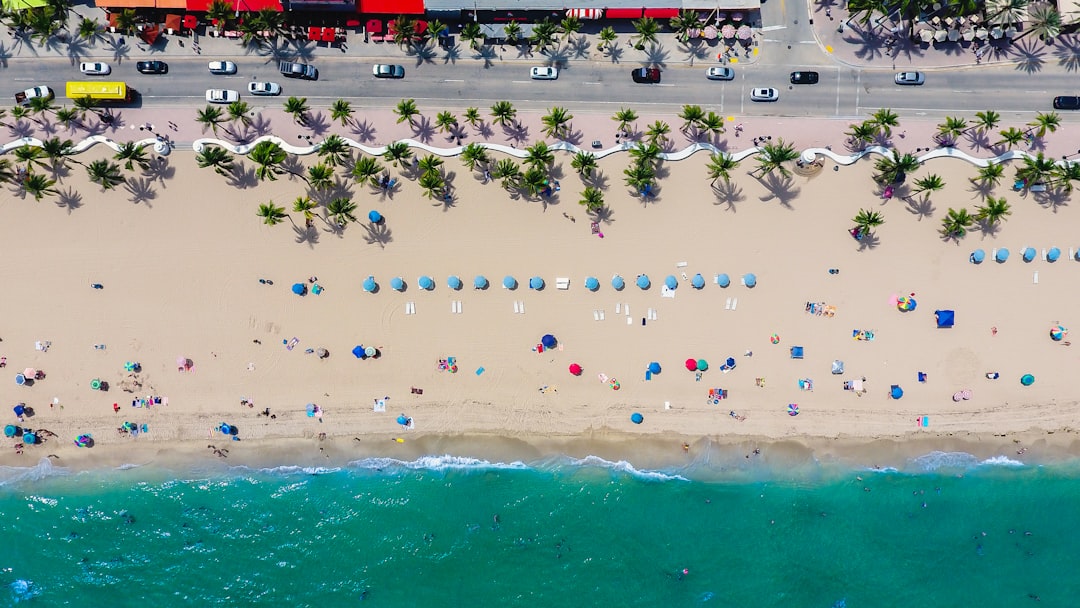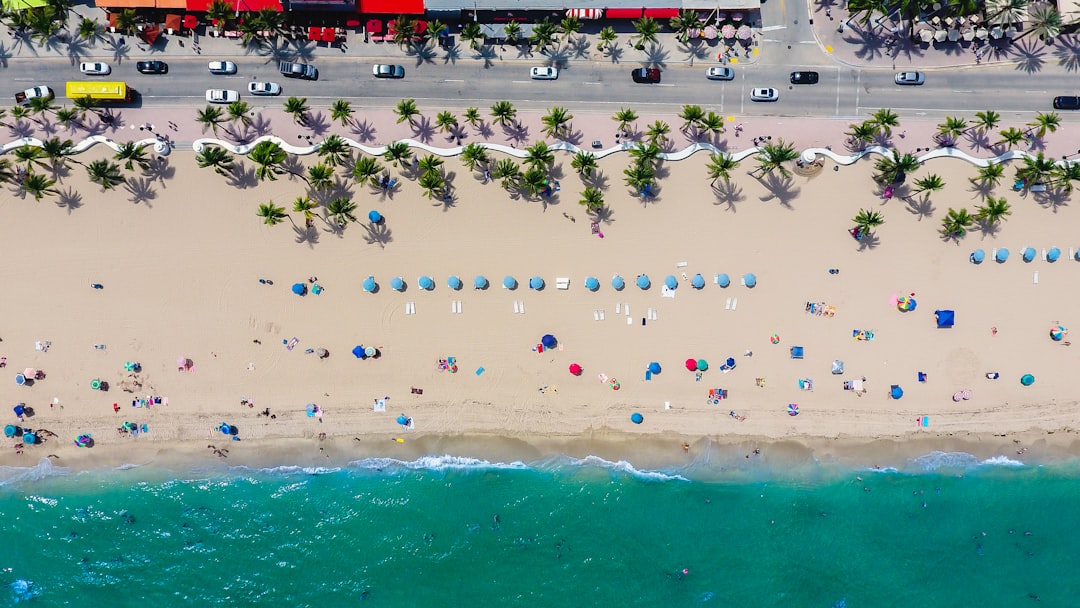Consumers in Florida have robust rights against debt collectors. The Debt Validation Letter (DVL) process is crucial to protecting these rights. Upon receiving a collection notice, individuals have 30 days to challenge their debt's validity by sending a written request for verification via certified mail. Debt collectors must respond within 30 days with proof of the debt's legitimacy. Engaging a qualified debt collector lawyer in Florida ensures compliance with state laws like the Fair Debt Collection Practices Act (FDCPA) and Do Not Call regulations, protecting consumers from violations. Key terms include debt collector Lawyer Florida, spam call law firm Florida, and debt collector Laws Florida.
In the state of Florida, understanding and utilizing the debt validation letter process is a crucial step in managing your financial affairs. This comprehensive guide aims to demystify the procedures involved, from when and why to send such letters to the legal aspects with debt collectors and attorneys. Learn about crafting effective debt validation correspondence, protecting your rights against spam calls and Do Not Call laws, and exploring legal actions available to you. Discover how to assert your rights as a consumer in Florida when dealing with debt collectors and lawyers, ensuring compliance with state laws.
Understanding Florida's Debt Validation Letter Process: A Comprehensive Guide

In Florida, consumers have robust rights when dealing with debt collectors. A crucial step in protecting these rights is understanding the state’s Debt Validation Letter (DVL) process. This process allows debtors to challenge their debt’s validity and ensure they owe what they claim. Upon receiving a collection notice from a debt collector lawyer or firm in Florida, individuals have 30 days to send a written request for verification of the debt. This letter should include the consumer’s name, address, and account number, and it must be sent to the creditor or debt collector via certified mail with a return receipt requested.
The debt collector attorney or law firm is then required by Florida laws and the Fair Debt Collection Practices Act (FDCPA) to provide a detailed response within 30 days, confirming whether the debt is legitimate or not. If the debt is valid, they must provide proof. If it’s disputed, the collector can’t continue collecting until the matter is resolved. It’s essential for consumers to know their rights and act promptly; engaging a debt collector lawyer in Florida can be beneficial to ensure compliance with these laws and protect against potential violations of the Do Not Call law firms regulations.
When to Send a Debt Validation Letter in Florida: Eligibility Criteria

In Florida, consumers have rights when it comes to dealing with debt collectors. One important step in protecting these rights is knowing when and how to send a Debt Validation Letter. This letter serves as a formal request for evidence that a specific debt is legitimate, and it’s crucial in cases where you believe you do not owe the debt or are being harassed by a debt collector. According to Florida’s debt collection laws, you have the right to demand validation when a debt collector contacts you about a debt. This is typically done once a debt collector has made at least one spam call or written communication attempting to collect on the debt.
To be eligible for sending a Debt Validation Letter in Florida, you must first establish that you are the consumer whose personal information is being sought and that the debt collector is engaging in abusive, false, or misleading practices. A debt collector lawyer or attorney in Florida can guide you through this process, ensuring your rights are protected under the state’s Do Not Call laws and Spam Call regulations. Engaging legal counsel who specializes in debt collection laws can be beneficial, especially when dealing with persistent debt collectors or complex cases.
The Role of Debt Collectors and Attorneys in Florida: Legal Perspective

In Florida, debt collectors and attorneys play crucial roles in navigating the complex legal landscape surrounding debt recovery. Debt collectors, as agents of creditors or third-party agencies, are responsible for contacting debtors and facilitating payment arrangements. They must adhere to strict guidelines set forth by Florida’s debt collection laws, which protect consumers from aggressive or unfair practices. These laws include provisions on disclosure, verification of debts, and restrictions on certain communication methods, such as spam calls, to ensure debtors’ rights are respected.
Attorneys specializing in debt collector law in Florida offer expert guidance and representation for both debt collectors and debtors. They interpret the state’s regulations, ensuring debt collection practices remain lawful and ethical. In cases of dispute or violation, these attorneys can take legal action on behalf of their clients. For instance, a debtor may seek legal counsel to challenge an invalid or inaccurate debt claim, while a debt collector lawyer in Florida could represent their client against allegations of harassment, unfair collection methods, or violations of the Do Not Call laws, emphasizing the importance of professional conduct within the state’s legal framework.
Drafting the Perfect Debt Validation Letter: Essential Elements and Tips

When drafting a debt validation letter in Florida, it’s crucial to include key elements that clearly communicate your rights under the Fair Debt Collection Practices Act (FDCPA) and relevant state laws. A well-structured letter sets the tone for a professional interaction with the debt collector or lawyer representing them. Begin by identifying yourself and the specific debt you are disputing, providing all relevant account numbers and dates associated with the alleged obligation. Clearly state your intention to verify the validity of the debt and demand evidence from the collector.
Ensure that your letter is delivered via certified mail with a return receipt requested for documentation purposes. Include a clear and concise description of any violations you believe have occurred, such as unauthorized calls or false representations about the debt. Florida’s Spam Call laws and Do Not Call regulations also come into play; mentioning these rights and any potential legal action if the collector fails to adhere to these laws can add weight to your correspondence. Remember, a well-crafted letter from a debt collector lawyer in Florida is an effective tool to protect your financial interests and ensure compliance with applicable laws.
Protecting Your Rights: Navigating Spam Calls, Do Not Call Laws, and Legal Action

When dealing with debt collectors in Florida, it’s crucial to understand your rights and how to protect yourself from aggressive collection tactics, including spam calls. According to Florida’s Do Not Call laws, consumers have the right to request that their telephone number be excluded from automated or prerecorded call lists used by debt collector lawyer firms. This means you can stop most unwanted debt collection calls outright. If a debt collector continues to harass you after such a request, it’s time to take action. Consulting with a debt collector attorney in Florida is a smart step; they can guide you through the process of filing a complaint with relevant authorities and potentially pursuing legal action against the offending party.
Knowing your rights under these laws empowers you to navigate the debt collection process more effectively. A debt collector lawyer in Florida can help ensure that your interactions with collectors remain within legal boundaries, safeguarding your peace of mind and financial security.






